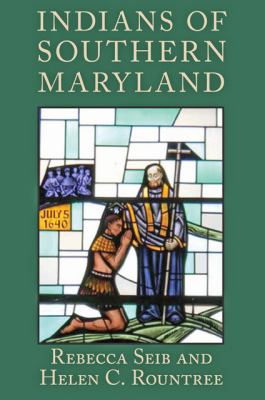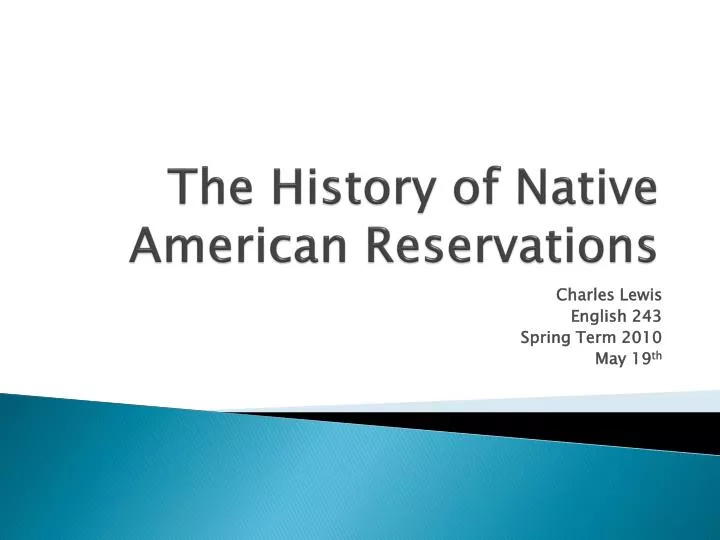No Reservations: Maryland’s Native American History
No Reservations: Maryland’s Native American History

You might be surprised to learn that Maryland, with its bustling cities and rolling countryside, doesn’t have any official Indian reservations. But hold on, before you jump to conclusions, let’s take a closer look at why that is. It’s not that Maryland’s Native American history is nonexistent – it’s just a bit more complex than you might think.
Maryland’s Original Inhabitants: A Rich Heritage
Related Articles: No Reservations: Maryland’s Native American History
- Unveiling the Largest Indian Reservation City: A Journey of Discovery and Insight
- Unveiling the Untold Stories of Native American Tribes in Florida
- Beyond The City Lights: Exploring The Rich History And Culture Of LA’s Nearby Reservations
- Unveiling Florida's Native American Heritage: Discover the Rich Tapestry of Tribes
- Unveiling the Indigenous Roots of Oklahoma: A Journey to the Heart of Native American History
Maryland was once home to a vibrant network of Native American tribes, each with their own unique culture, language, and traditions. The most prominent among them were the Piscataway, who inhabited the southern and central parts of the state, and the Susquehannock, a powerful tribe that controlled the upper Chesapeake Bay region. These tribes lived in harmony with the land, relying on hunting, fishing, and agriculture for their sustenance.
Life for Maryland’s Native Americans, however, was forever altered with the arrival of European settlers in the 17th century. The colonists, driven by land hunger and a desire for wealth, encroached on the Native American territories. This led to a series of conflicts, with the Europeans often resorting to violence and displacement.
The Decline of Native American Presence
The story of Maryland’s Native Americans is a story of resilience and survival in the face of adversity. Despite the challenges they faced, they fought to maintain their traditions and culture. However, the relentless pressure from colonization, coupled with diseases introduced by the Europeans, took a heavy toll.
By the 18th century, the Native American population in Maryland had dwindled significantly. Many were forced to relocate to other regions, while others were absorbed into the larger society. The tribes that remained were often marginalized and denied their rights.
A Lack of Reservations: The Legacy of Dispossession
The absence of Indian reservations in Maryland is a direct consequence of this historical dispossession. The federal government’s reservation system, which was established in the 19th century, was designed to protect and preserve Native American lands. However, Maryland’s Native American communities were already in a state of decline by that time, and they lacked the political and economic power to secure reservations for themselves.
Modern-Day Recognition: A Long Road Ahead
While Maryland doesn’t have any official reservations, there are still strong Native American communities within the state. These communities are working to preserve their heritage and culture, and they are actively seeking recognition and support from the government.
One of the most prominent Native American organizations in Maryland is the Piscataway Indian Nation. This tribe, which has a long and rich history in the state, is actively seeking federal recognition. They are working to reclaim their ancestral lands and to ensure that their traditions and culture are preserved for future generations.
Beyond Reservations: A Deeper Understanding
The absence of reservations in Maryland doesn’t mean that the state’s Native American heritage is forgotten. In fact, Maryland is home to a number of museums, historical sites, and cultural centers that celebrate the contributions of its Native American ancestors. These institutions offer valuable insights into the rich history and culture of the tribes who once called Maryland home.
For example, the Maryland Historical Society houses a collection of artifacts and documents related to Maryland’s Native American history. The National Museum of the American Indian in Washington, D.C., also features exhibits on the history and culture of the Piscataway and other Maryland tribes.

Beyond the Headlines: A Complex Reality
The story of Native Americans in Maryland is a complex one, marked by both tragedy and resilience. It’s important to remember that the absence of reservations is not a reflection of a lack of history or culture. It’s a reminder of the struggles that Native Americans have faced throughout history, and it’s a call to action to ensure that their voices are heard and their rights are respected.
FAQ: Unraveling the Mysteries
Q: Are there any Native American tribes in Maryland today?
A: Yes, there are still Native American communities in Maryland, although they are significantly smaller than they once were. The most prominent among them is the Piscataway Indian Nation, which is actively seeking federal recognition.

Q: Why doesn’t Maryland have any Indian reservations?
A: Maryland’s Native American population was significantly reduced due to colonization, disease, and displacement. By the time the federal reservation system was established in the 19th century, Maryland’s Native American communities lacked the political and economic power to secure reservations for themselves.
Q: What is the Piscataway Indian Nation doing to preserve their culture?
A: The Piscataway Indian Nation is actively working to preserve its language, traditions, and cultural practices. They are also seeking federal recognition, which would give them greater political and economic power to protect their interests.
Q: How can I learn more about Maryland’s Native American history?
A: There are a number of resources available to learn more about Maryland’s Native American history. You can visit museums, historical sites, and cultural centers, or you can read books and articles on the subject. The Maryland Historical Society and the National Museum of the American Indian are great places to start.
Q: What can I do to support Maryland’s Native American communities?
A: You can support Maryland’s Native American communities by learning about their history and culture, by attending their events, and by advocating for their rights. You can also donate to organizations that support Native American causes.
A Journey of Understanding: The Past, Present, and Future
The absence of Indian reservations in Maryland is a testament to the complex and often tragic history of Native Americans in the United States. It’s a reminder that the fight for recognition, respect, and self-determination is ongoing. By learning about the history and culture of Maryland’s Native American communities, we can foster a deeper understanding and appreciation for their contributions to the state’s rich tapestry. Let’s work together to ensure that their voices are heard and their rights are protected, both today and for generations to come.

Closure
Thus, we hope this article has provided valuable insights into No Reservations: Maryland’s Native American History. We thank you for taking the time to read this article. See you in our next article!
